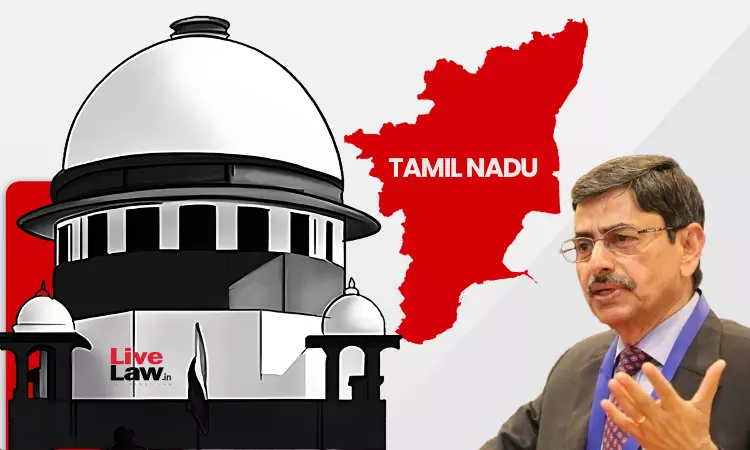The Supreme Court on Friday (December 1) questioned the decision of Tamil Nadu Governor RN Ravi to refer bills to the President, after declaring that he was withholding assent on them. The bench led by Chief Justice of India DY Chandrachud, Justice JB Pardiwala and Justice Manoj Misra orally said that the Governor cannot refer the bills to the President after the Assembly has re-enacted the...

